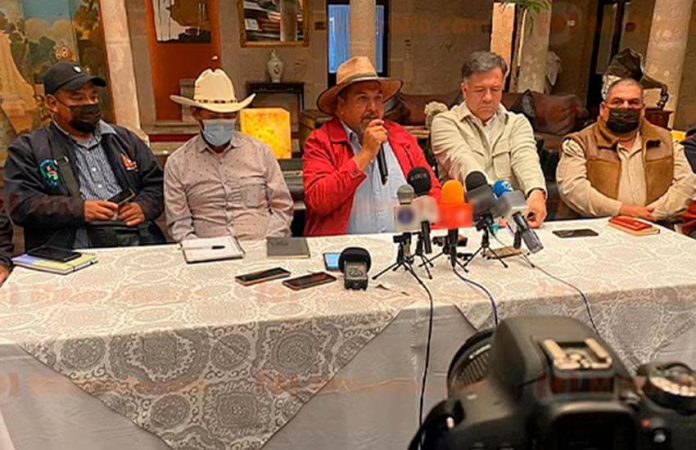The joint owners of the El Rosario communal lands in Michoacán, who are charged with protecting the habitat of the millions of monarch butterflies that overwinter each year next to their land, say that the monarch is not in danger of extinction; it’s their route that’s in danger, they say.
“[The monarchs] are present in 24 countries,” said the treasurer of the ejido’s governing body, Humberto García Miranda. “What is at risk is the migratory route, which is the responsibility of the farmers.”
Ejido is the Spanish word for a communally owned land parcel.
On July 21, the International Union for the Conservation of Nature placed the migratory North American monarch butterfly on its Red List of threatened species and classified them as endangered. The IUCN is a network of private, public, and nonprofit groups that work for nature conservation around the world.
The Red List, created in 1964, is a way to categorize the danger of extinction for various species and shed light on the reasons for their endangerment — in this case, climate change, loss of habitat due to urbanization and commercial agriculture, pesticide use and invasive species.
But residents of El Rosario, who are paid by the government to protect the monarchs’ overwintering ground, refute that claim. Instead, they insist that problems threatening the butterflies exist along the insects’ migratory routes in the United States and Canada, a factor that was included in the announcement from IUCN. However, IUCN did also mention in that press release that legal and illegal logging has already destroyed “substantial areas” of the butterflies’ winter shelter in Mexico and California.
During a press conference on Tuesday, García said that “the species would never go extinct because females lay between 400 and 500 eggs, of which 80% survive, with only 20% being part of the food chain.”
While females do generally lay between 300 and 700 eggs in their lifetime, scientists generally agree that only between 5% and 10% of eggs survive to adulthood.
The El Rosario stewards called on the Mexican government to denounce their northern neighbors for bad practices that they feel have led to declining monarch numbers. They also blame external factors outside of the Michoacán forests that are beyond their control.
García said that he and 50 other owners work to care for the forest “day and night” but did also mention problems like cutworm infestations in the trees where the monarchs overwinter.
He added that the monarchs could change their migratory path in the next 10 or 15 years.
Reports from Mi Morelia
